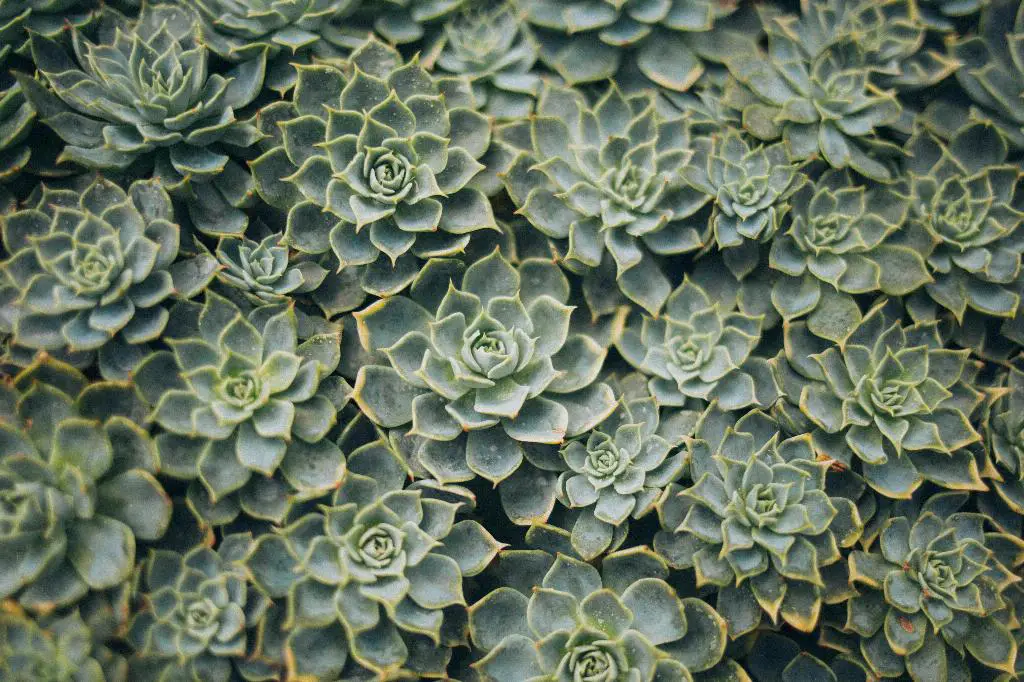When it comes to having a harmonious home filled with both furry friends and greenery, it’s essential to understand the potential risks that certain plants may pose to your pets. Succulents, known for their unique shapes and vibrant colors, have gained popularity in households around the world. But are they safe for our beloved feline companions?
Fortunately, the majority of succulents are considered non-toxic to cats. This means that if your curious cat happens to take a nibble on a succulent leaf, they are unlikely to experience any harmful effects. Most succulents have properties that deter animals from consuming them, as they lack the enticing aroma and flavor that would attract a curious pet.
While succulents are generally safe for cats, it’s essential to exercise caution and be mindful of the specific plants you bring into your home. Some succulents may still cause mild gastrointestinal upset if ingested in large quantities, leading to symptoms such as vomiting or diarrhea. To ensure the well-being of your furry friends, it’s best to research individual succulent species for any potential risks.
When selecting succulents for your home, opt for varieties that are known to be pet-friendly. Some safe options include Haworthia, Echeveria, and Rhipsalis. These succulents are not only aesthetically pleasing but also pose minimal risk to your cats if they decide to explore or taste them.
It’s crucial to place succulents out of reach of curious pets to prevent any accidental ingestion. Consider placing them on high shelves, in hanging planters, or areas that are inaccessible to your cats. By creating a pet-friendly environment and taking precautions, you can enjoy the beauty of succulents without worrying about the well-being of your furry companions.
If you suspect that your cat has ingested a potentially harmful plant or is showing signs of illness after coming into contact with a succulent, it’s essential to seek veterinary care immediately. Common symptoms of plant toxicity in cats include drooling, lethargy, and loss of appetite.
While succulents are generally safe for cats, it’s important to be aware of any individual sensitivities that your pet may have. Some cats may have allergies or medical conditions that could be aggravated by certain plants. Monitoring your cat’s behavior and consulting with a veterinarian can help ensure a safe environment for both your pet and your plants.
As a responsible pet owner, it’s crucial to educate yourself on the potential risks associated with household plants and take proactive measures to safeguard your pets. By choosing pet-friendly succulents and implementing preventative strategies, you can create a thriving indoor garden that is safe for all members of your family.
Remember that while succulents are generally considered safe for cats, it’s always better to err on the side of caution when it comes to your pet’s well-being. Keep an eye on your furry friends’ interactions with plants and provide them with a stimulating environment that meets their needs while minimizing any potential hazards.
In conclusion, succulents can coexist harmoniously with cats in your home, as long as you select non-toxic varieties, take precautions to prevent access, and monitor your pet’s well-being. With proper care and attention, you can enjoy the beauty of succulents while keeping your feline friends safe and happy.

